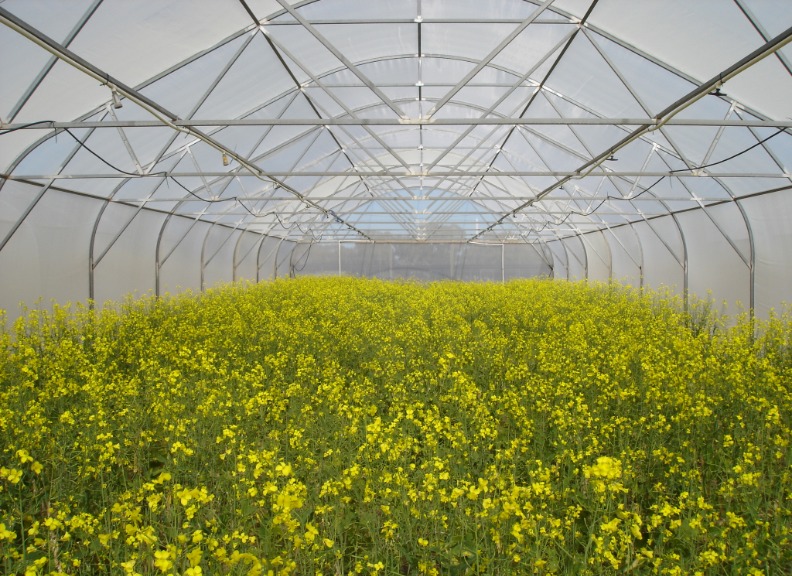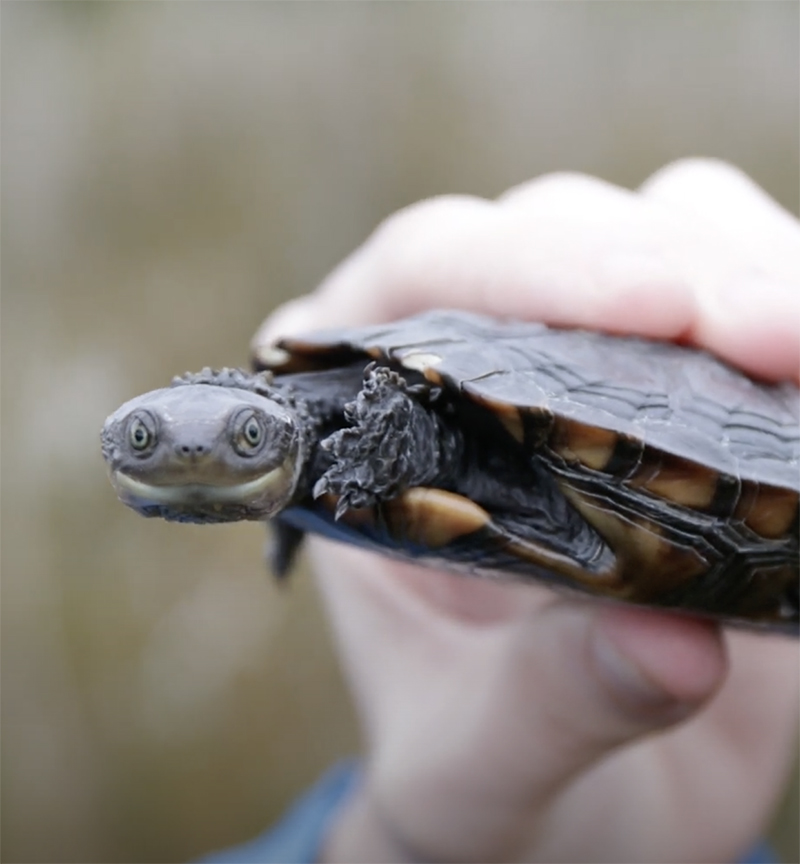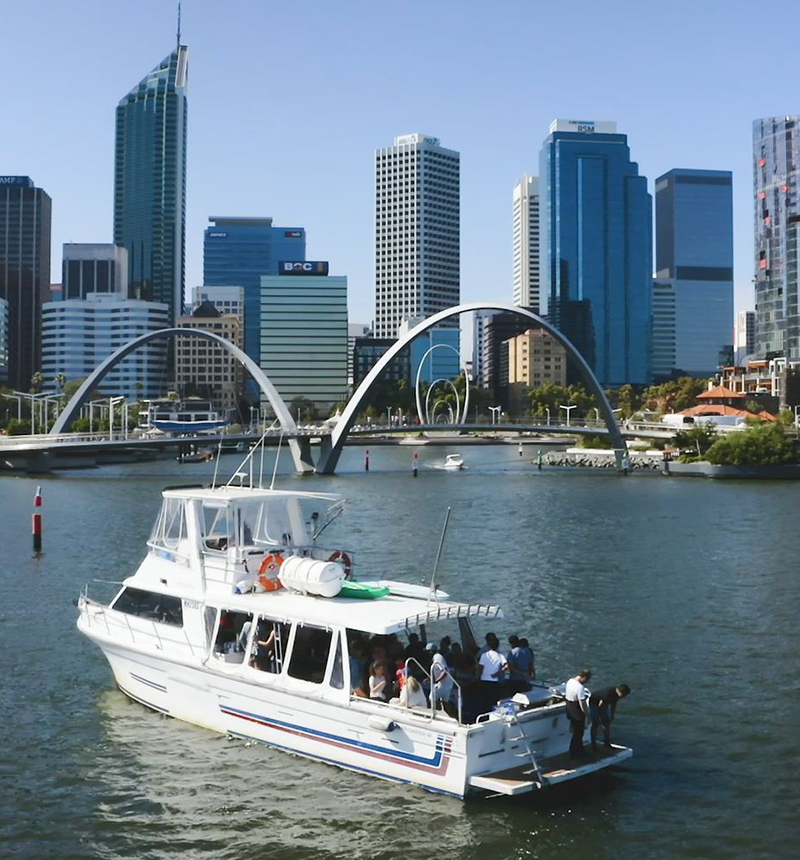Undergraduate + Postgraduate
Bachelor of Biological Science and Master of Biological Science
Contact us
Address
Student Central
The University of Western Australia (M355), 35 Stirling Highway, Perth, Western Australia 6009
Telephone
131 UWA (131 892)
International
(+61 8) 6488 1000
Hours
Frequently asked questions
Events you may be interested in
Show more eventsCareers and further study
This course opens up a world of future study pathways and career opportunities.
Master of Biological Science
Fees and scholarships
Domestic Student Fees
For Commonwealth-supported places, student contribution amounts are charged by unit, based on area of study. For a fee estimate, go to the Fee Calculator and select “I want to price my units”. Fees are subject to annual indexation. Refer to the Handbook to identify the units required. More information on how fees are calculated.
Scholarships
Scholarships are available to students from a diverse range of backgrounds, including academic achievement, financial need, educational disadvantage, leadership and community service, artistic or sporting achievements, and being from a rural or remote area.
Cost of living
International Student Fees
Onshore international students are charged an annual course fee, charged per credit point at a rate dependent on the course in which the student is enrolled. Annual course fees are calculated based on an annual study load. Check the handbook to confirm the annual study load for your course.
Find out more about international student tuition fees and visit the fee calculator for the relevant course fees.
Fees are subject to annual indexation.
Scholarships
Scholarships are available to students from a diverse range of backgrounds, including academic achievement, financial need, educational disadvantage, leadership and community service, artistic or sporting achievements, and being from a rural or remote area.
Cost of living
Admission requirements
The University of Western Australia welcomes applications from international and domestic school-leavers. If you’re interested in studying one of these majors, find out the admission details below.
Admission requirements
Minimum entry requirements
- 13.5
- 12
- 2.6
- 86
- 308
- 337
- 338
- 74
- 1270
- 70
- 90
English competency
English is the language of instruction and assessment at UWA and you will need to meet the English language requirements of the University to be eligible for a place.
Minimum overall IELTS score of 6.5, with no band less than 6.0.
Mathematics requirement
This major requires a certain level of Mathematics. If you do not meet this level, you may be able to take additional Mathematics units in your first year to satisfy this requirement.
WACE prerequisite: Mathematics Methods ATAR
How to apply
Apply through TISC
- Log in to the TISC website
If you’re a Year 12 student studying a WACE course at a WA high school or a pathway program, you are already automatically registered with TISC. - Select your preferences
You can choose up to six preferences when you apply through TISC. You should list your preferences in order from your most desired course onwards; this way you’ll have plenty of options to get into UWA. - Lodging your application
You’re almost there! After answering a few questions, you’ll need to make a declaration about your application. - Application processing fee
Your TISC application is lodged once you’ve completed the payment. For more information on fees and payments, visit the TISC website.
Course details
About the course
Quick details
- Available
- Perth (Crawley campus)
- Full-time
- Part-time
- On-campus
- Semester 1
- Undergraduate + Postgraduate
- CM005
- 102861F
Why study this course?
- Australia faces serious challenges to conserve its threatened fauna and needs skilled graduates to fill positions in state management agencies and an expanding number of conservation NGOs
- Australia's fauna is megadiverse, and Western Australia is home to almost half our animal species
- Our researchers tackle challenges in the laboratory and at field sites across the world, studying plants and animals in both natural and managed environments
You'll learn to
- Recognise threatened animal species and the functioning ecosystems they require for their survival
- Understand patterns of global biodiversity and the evolutionary history of biodiversity in Australia
- Appreciate the relationships between an animal's biology, ecology and physiology and its vulnerability to environmental change
- Discuss major threats to biodiversity, their causes, and the management and research to mitigate them
- Explain the role of different stakeholders in shaping conservation policy and decision making
- Demonstrate the high-level analytical and communication skills necessary for impactful applied science
- Gain advanced knowledge in the study of biological systems, using field, experimental laboratory and statistical methodologies
Course structure
In your first three years, you will complete your selected extended major in Wildlife Conservation or Biodiversity and Evolution, and a semester of postgraduate study. You will then complete your selected specialisation in the Master of Biological Science. Please refer to the example study plan on the Handbooks website for more information.
Work Integrated Learning
Work Integrated Learning (WIL) helps bridge the gap between theory and practice by providing opportunities for students to gain hands-on, practical industry relevant experience and for employers to help shape the graduates of tomorrow.
Your degree options

Centre for Microscopy Characterisation and Analysis

Providing world-class microscopy and microanalysis facilities and expertise to publicly funded researchers and industry.
Shenton Park Field Station

Dedicated facility supporting plant and animal research



 Bachelor of Biological Science
Bachelor of Biological Science
